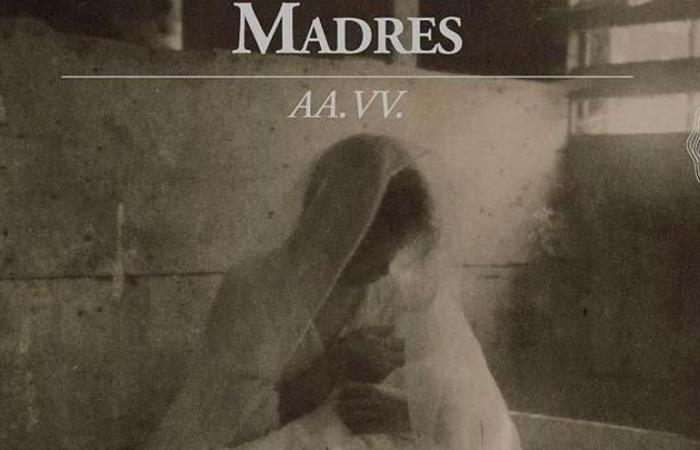The Canarian gaze of the son: Ediciones La Palma publishes the anthology ‘Mothers’ with the stories of twelve writersThe day
Mothers It is a book about love, and love has no gender, which is why the project has focused on the voices of twelve Canarian writers over 60 years old who recount in these pages some of their experiences with their parents. These are stories unknown to many, of events that some have wanted to bury in the depths of their memory or of facts so beautiful that they have always accompanied them throughout their lives. In any case, these are unique and unrepeatable realities that are now captured in this book published by Ediciones La Palma and that in just a few weeks has achieved great success, not only in the Canary Islands, where the project arose, but also outside the Spanish borders.
“There is a maternal perfume that is global,” says the writer and coordinator of this book, Juan Carlos de Sancho, who thus speaks of the important impact that the publication is having, which is already preparing its third edition and which will be accompanied by some surprise for the reader. “A Catalan mother does not give birth to a Catalan child because motherhood is not nationalist or localist but rather motherhood is a global concept,” maintains the writer. And precisely for that reason now this book that emerged in the island area is gaining strength to go outside the Archipelago. The authors of the Canary Islands who sign the texts that shape Mothers They are Bachir Ahmed Aomar, Antonio Arroyo Silva, Jorge Fonte, Emilio González Déniz, Noel Olivares, Bruno Mesa, Francisco Lezcano Lezcano, Félix Hormiga, Anelio Rodríguez Concepción, Ángel Sánchez, Miguel Ángel Sosa Machín and Juan Carlos de Sancho himself.
sad start
“A book that has legs, that walks.” This is how Juan Carlos de Sancho defines it, who highlights “the universal theme” that centers this proposal, and that began to take shape after the death of the Gran Canarian writer Alexis Ravelo. It was during the writer’s wake that De Sancho met the poet Elsa López, director of Ediciones La Palma, who considered that she had lost a son with the sudden death of the author. After a conversation, López proposed to De Sancho that he find a dozen male Canarian authors, so that they could write short stories about their relationships with their mothers, as well as their most vivid memories and that would have women as authentic protagonists.
List of authors and their mothers.
The coordinator of the publication assures that it has been a complicated book since “it is difficult to write about the truth of a relationship of this type,” and that De Sancho has considered it a challenge, despite his long career as an anthologist. “This project has allowed me to verify that there is no archetype of mother and that it is the most difficult profession of all.” Despite the crudeness of some of the stories, this book is becoming a success beyond the Canary Islands borders because it is, above all, a compendium of real stories told in a literary way and where each author has been completely free to narrate what he wanted most.
In this sense, Juan Carlos de Sancho assures that he never gave the participants too many details about what they had to capture on paper to avoid repeating the same patterns in each of the stories. Despite the personal nature of these texts, “we do not focus on the private lives of these women, but rather Mothers “It is a book about how a boy who is now almost 70 years old saw the woman who was his mother,” De Sancho simply summarizes. «In that sense, for me, It is a compassionate book. and that allows us to share experiences and put ourselves in someone else’s shoes,” reflects the writer and coordinator.
Beyond literature
It is a coincidence that some of the stories that can be read in Mothers show episodes of abuse against women, so it has been decided that 10% of the money raised from sales will go to a center that cares for abused women in Gran Canaria. “We are not going to do business with old ladies,” one of the authors even said, so everyone agreed that this project transcends cultural borders to also reach the social sphere.
After several presentations that have taken place in the Canary Islands, Mothers will be presented next July 8 at the Berlin Hall in the German capital, a space directed by José Luis Pizzi. In addition, meetings will also be held soon in different cities in Latin America while translations into French and Arabic are being prepared, among other planned initiatives.






